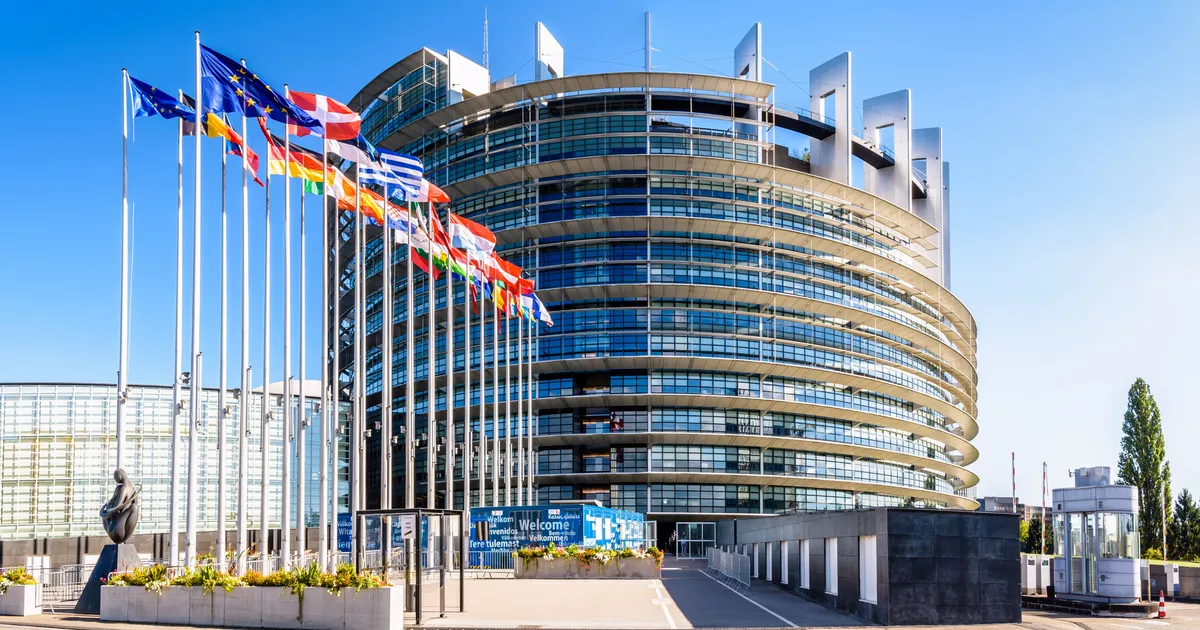Around twenty tractors and dozens of farmers protested on Tuesday in front of the European Parliament in Strasbourg to call on the Members of the European Parliament gathered in plenary session. “We are protesting here to meet European parliamentarians, to tell them to stop importing products that do not meet the standards that are imposed on us.
In Ukrainian chicken, for example, there are antibiotics that are prohibited here,” said Germain Krantz, a farmer in Rangen (Haut-Rhin), who denounces “distortion of competition”. This member of the rural coordination also opposes the fallow land obligations in the EU and laments the “red tape” under which he says he is “drowning”.
A few meters away, another demonstration brought together members of the Confédération paysanne and 12 environmental organizations such as Greenpeace, Friends of the Earth, and Future Generations. These activists from all over France, some dressed as bees or cows, are asking European deputies to reject the European Commission’s proposal to relax rules on “new genomic techniques” (NGTs), aimed at developing plant varieties resistant to climate hazards or insects.
On the eve of a vote by MEPs on this proposal, Sylvie Colas, national secretary of Confédération paysanne, is concerned that there is neither evaluation, nor traceability, nor labeling of these “new GMOs”, fearing contamination of organic agriculture and a “standardization” of crops. “Voting for this text is going against citizens’ right to choose their food, it’s killing the organic sector, peasant culture, by removing production diversity and it’s developing pesticides and nitrogen fertilizers,” she told AFP.
In response to the anger of the agricultural world, the President of the European Commission Ursula von der Leyen on Tuesday buried a legislative project aimed at reducing the use of pesticides. In a gesture towards farmers, the Commission had already proposed last week a partial derogation from fallow land obligations and a limitation of Ukrainian imports, while promising to “simplify” the Common Agricultural Policy (CAP).
